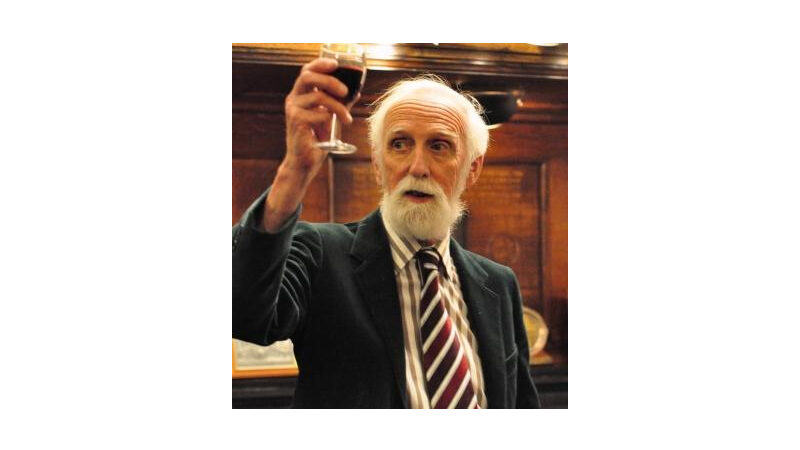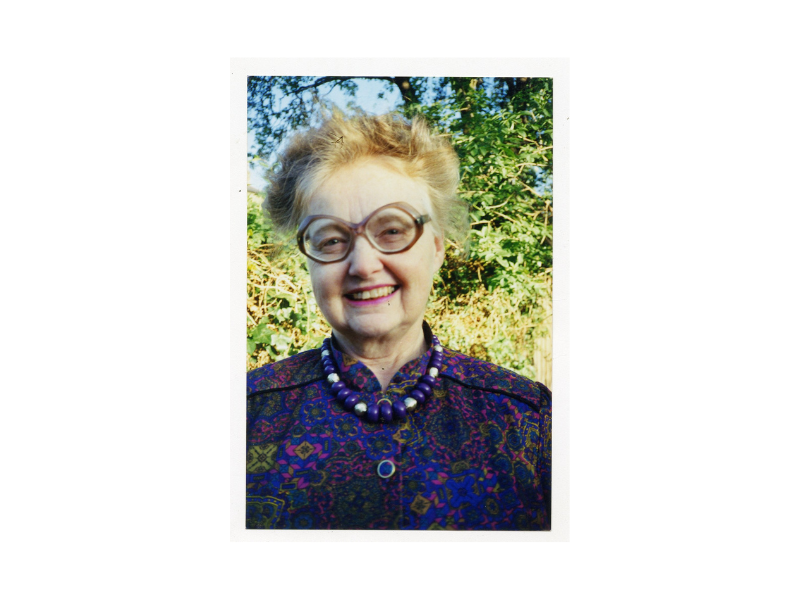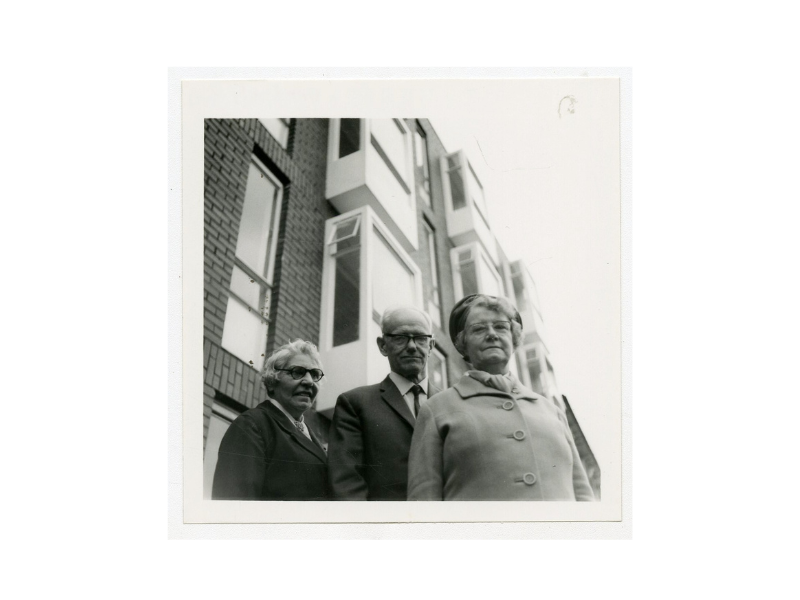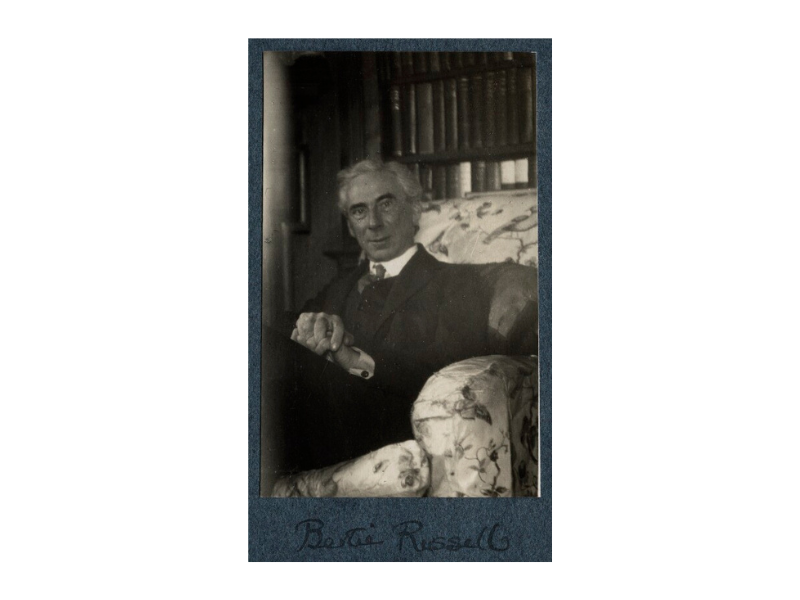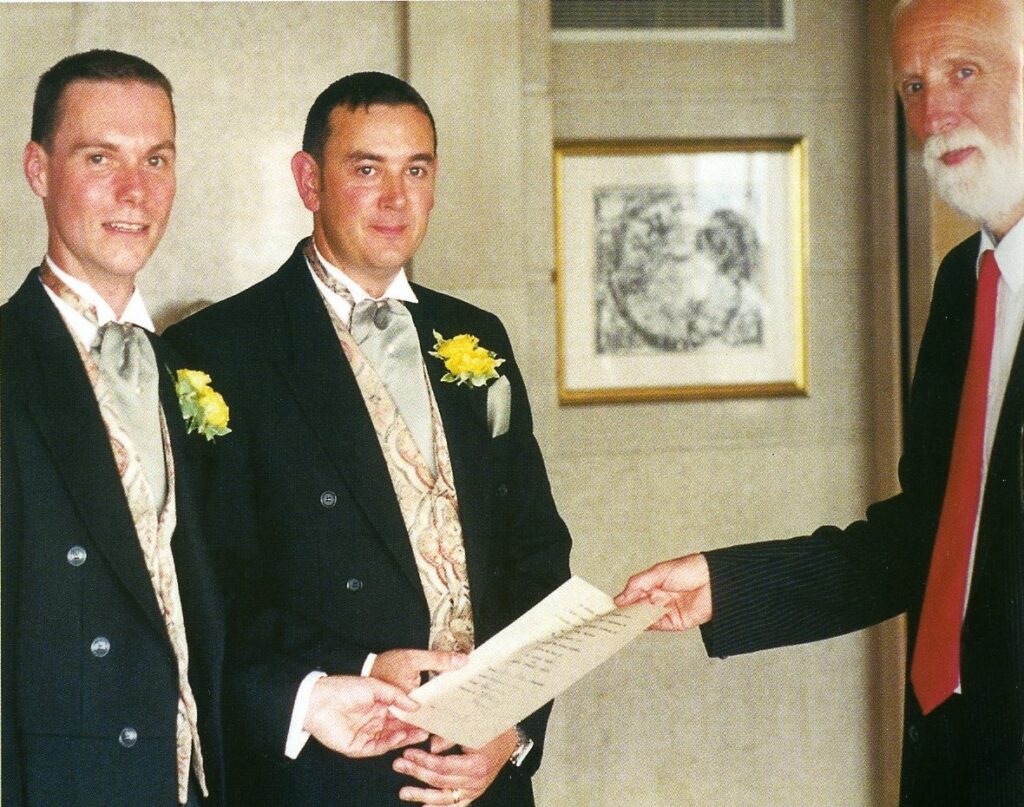Between 1960-64 the Group held meetings on a variety of subjects, including hospital visits. Other titles were about humanist parents, humanist literature, the international humanist movement, rationalism, unilateralism, human nature, the evolution of man, civil liberties, Shaw’s religion. Speakers included Richard Clements, Jack Coates, Eric Bateson, and F. H. Amphlett-Micklewright. It is interesting to note that there was a humanist group in Orpington which predates the South East London group. There was also a South West London group, a name revived in the 21st century. Of course there were meetings of the non-religious before 1960; these were held under the auspices of the National Secular Society [and the Ethical Movement].
